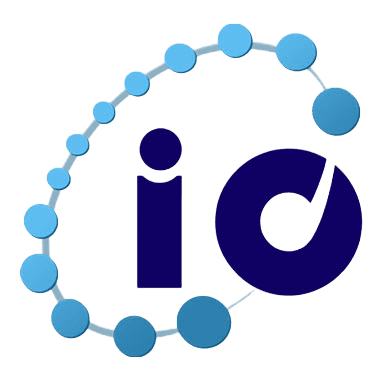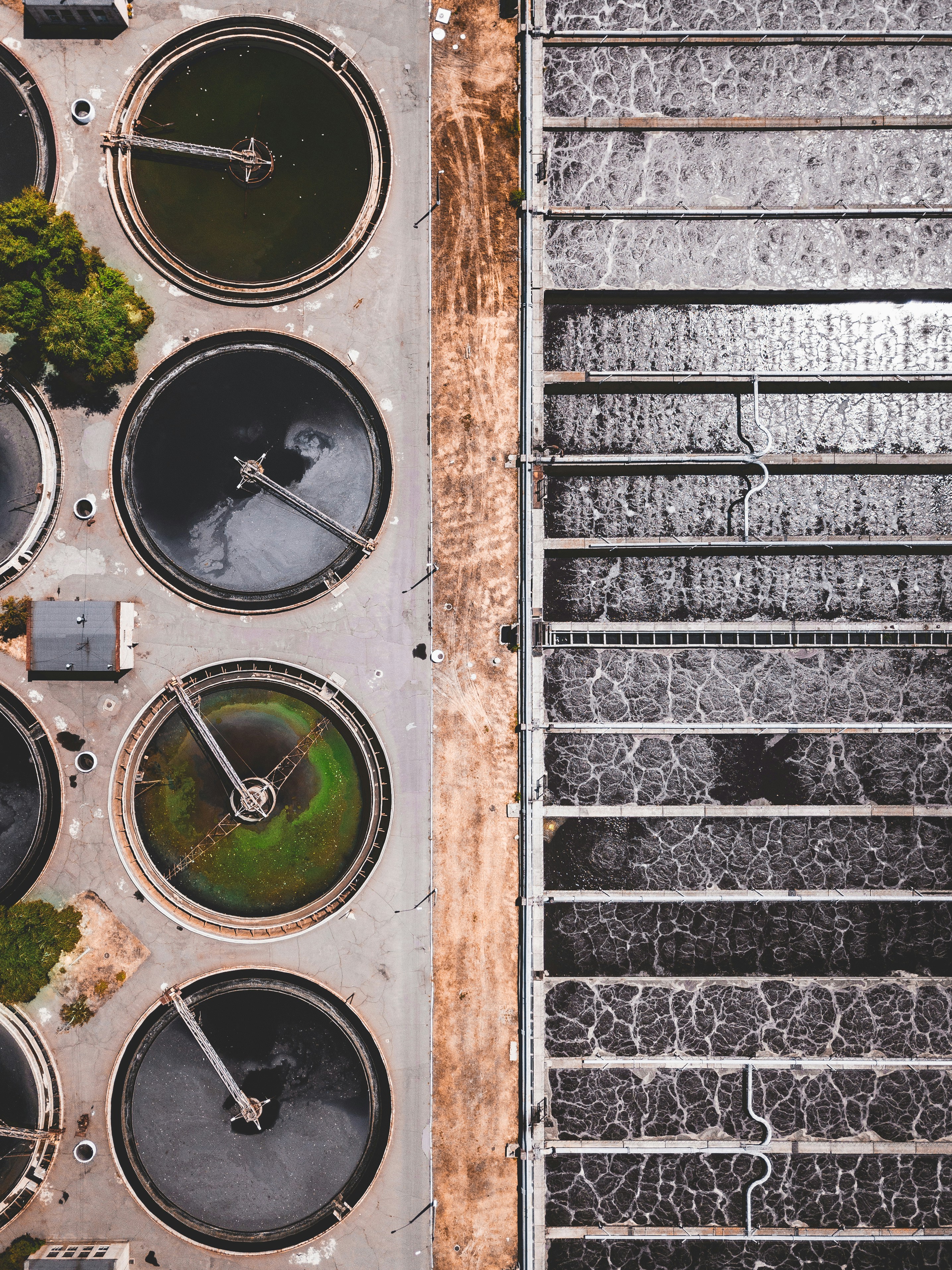Circular Economy Applications
Circular economy practices are sustainable business models designed to use resources more efficiently and minimize waste.
This approach allows for the evaluation of products in a circular process from the design stage, moving beyond the traditional linear economic model. The aim is to conserve natural resources and reduce environmental impacts.
Circular economy practices include strategies such as material efficiency, recycling, reuse, and repair. These practices extend the life of products, reduce resource consumption, and minimize waste. For example, by preferring modular structures in a product's design, parts can be easily disassembled and reused when the product's life ends. Additionally, activating recycling processes, re-evaluating waste as raw materials, and creating closed-loop systems are also part of circular economy practices.
At the corporate level, implementing circular economy practices requires businesses to restructure their business models and create sustainable value chains. In this context, analyzing environmental impacts and resource consumption, setting strategic goals, and defining performance indicators are important. Businesses can lower their costs while also fulfilling their social and environmental responsibilities through these practices.
io Environmental Solutions offers support to businesses in developing sustainable business models and achieving resource efficiency with a team of experts in circular economy practices.







